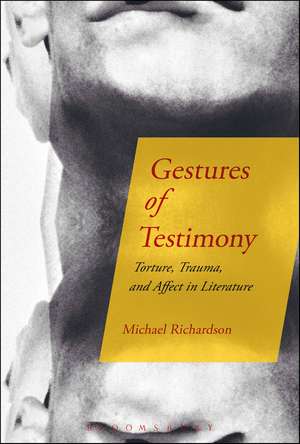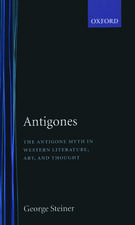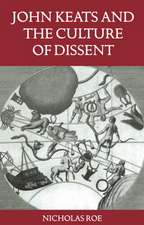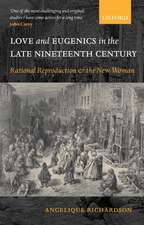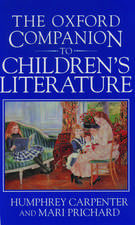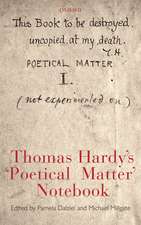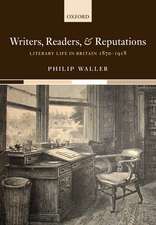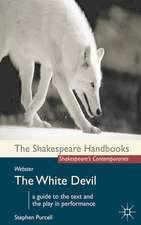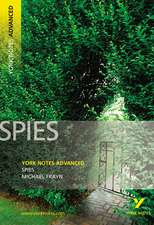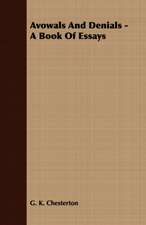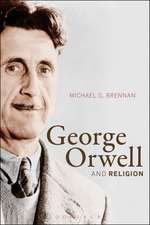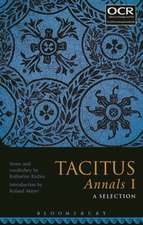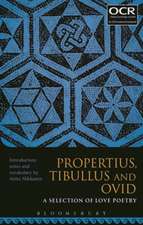Gestures of Testimony: Torture, Trauma, and Affect in Literature
Autor Dr Michael Richardsonen Limba Engleză Paperback – 24 ian 2018
| Toate formatele și edițiile | Preț | Express |
|---|---|---|
| Paperback (1) | 236.84 lei 6-8 săpt. | |
| Bloomsbury Publishing – 24 ian 2018 | 236.84 lei 6-8 săpt. | |
| Hardback (1) | 714.51 lei 6-8 săpt. | |
| Bloomsbury Publishing – 13 iul 2016 | 714.51 lei 6-8 săpt. |
Preț: 236.84 lei
Preț vechi: 272.31 lei
-13% Nou
Puncte Express: 355
Preț estimativ în valută:
45.32€ • 47.44$ • 37.50£
45.32€ • 47.44$ • 37.50£
Carte tipărită la comandă
Livrare economică 05-19 aprilie
Preluare comenzi: 021 569.72.76
Specificații
ISBN-13: 9781501339400
ISBN-10: 1501339400
Pagini: 232
Ilustrații: 12 b/w illustrations
Dimensiuni: 152 x 229 x 24 mm
Greutate: 0.32 kg
Ediția:NIPPOD
Editura: Bloomsbury Publishing
Colecția Bloomsbury Academic
Locul publicării:New York, United States
ISBN-10: 1501339400
Pagini: 232
Ilustrații: 12 b/w illustrations
Dimensiuni: 152 x 229 x 24 mm
Greutate: 0.32 kg
Ediția:NIPPOD
Editura: Bloomsbury Publishing
Colecția Bloomsbury Academic
Locul publicării:New York, United States
Caracteristici
Analyses an eclectic mix of texts from literary, legal, political and cultural fields to intervene in debates about affect, trauma and power in relation to the war on terror
Notă biografică
Michael Richardson is Lecturer in the School of Arts & Media at the University of New South Wales, Australia.
Cuprins
AcknowledgmentsIntroduction: Gesturing the UnrepresentableChapter 1: Tortured BodiesChapter 2: Reading TortureChapter 3: Seeing TortureChapter 4: Writing TraumaChapter 5: Witnessing and the Poetics of TraumaChapter 6: Writing Torturous AffectConclusion: Speaking Beyond WordsEndnotes BibliographyIndex
Recenzii
Gestures of Testimony is an insightful, sometimes wrenching analysis of representations of torture from Franz Kafka's "In the Penal Colony" to the Bush Administration's "Torture Memos." The book's mission, in the broadest terms, is to return its readers to material they have encountered as felt history and translate it into the more reaching language of literary and cultural theory. Gestures of Testimony is an important contribution to ethics, aesthetics, and human rights.
Torture. How to tell the unspeakable? Trauma. How to bear witness to what is unliveable yet refuses not to be relived? In Gestures of Testimony Michael Richardson approaches these fraught questions head on. In the face of what exceeds representation in language, he argues, we do not have to remain mute. There is a use of language that contrives to include in its expressions what by right exceeds it: literary language. Expertly weaving between literature, media imagery, cinema, official documents, and philosophy, Richardson produces a complex and compelling account of these limit-experiences and their social and political reverberations. Gestures of Testimony is a refreshingly original contribution to trauma studies, and more broadly affect theory in all of its ramifications.
This study glosses poetry, memoirs, legal memoranda, photographs, and films to theorize torture in the war on terror and in literature. Drawing from theories of power, trauma, affect, and testimony, Richardson brings into dialogue analysis of the post-9/11 world with literary testimonies of torture from the twentieth century, including works by Franz Kafka, J. M. Coetzee, and George Orwell. Both "critique and manifesto," the book seeks to demonstrate the belief of many human rights and literature scholars: fiction "can help achieve justice.
Torture. How to tell the unspeakable? Trauma. How to bear witness to what is unliveable yet refuses not to be relived? In Gestures of Testimony Michael Richardson approaches these fraught questions head on. In the face of what exceeds representation in language, he argues, we do not have to remain mute. There is a use of language that contrives to include in its expressions what by right exceeds it: literary language. Expertly weaving between literature, media imagery, cinema, official documents, and philosophy, Richardson produces a complex and compelling account of these limit-experiences and their social and political reverberations. Gestures of Testimony is a refreshingly original contribution to trauma studies, and more broadly affect theory in all of its ramifications.
This study glosses poetry, memoirs, legal memoranda, photographs, and films to theorize torture in the war on terror and in literature. Drawing from theories of power, trauma, affect, and testimony, Richardson brings into dialogue analysis of the post-9/11 world with literary testimonies of torture from the twentieth century, including works by Franz Kafka, J. M. Coetzee, and George Orwell. Both "critique and manifesto," the book seeks to demonstrate the belief of many human rights and literature scholars: fiction "can help achieve justice.
